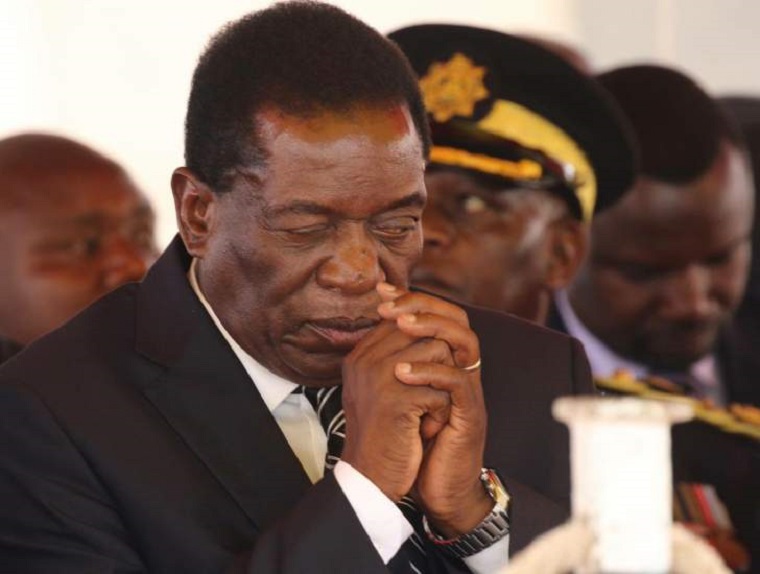This practice, made possible after the GNU by the re imposition of exchange control, enabled the RBZ to take over US$3 billion in hard currency earnings by exporters each year, and replace it with local currency at the rate of 1:1.
In reality this involved a direct subsidy on all imported goods financed by the exporters. This arrangement was essentially a tax on the most productive and competitive sectors of our economy and a State subsidy on everything that was being financed by allocations from the RBZ, including politically connected individuals and specific forms of State expenditure in hard currency (luxury cars for Ministers?).
By the end of 2018, when free markets valued the US dollar at 3.5 to 1, this subsidy/tax was equal to Z$4.5 billion dollars a year – more than the combined value of the national budget.
That is a lot of margin to play games with and many were having a field day – no more so than the Cartel in the fuel industry who were being allocated over US$1 billion a year for fuel imports. But in the process all imported items were now available on the local market at a third of their real value in local currency. The result an explosion of demand that outstripped our ability to supply. Fuel consumption doubled and Zimbabweans were once again in queues. We ran out of bread and cooking oil.
Zimbabweans know that when physical shortages of anything occurs – the players in the market abuse their position and exploit the consumer. It was the same this time – fuel importers used their position to make money, a great deal of money and much of it in hard currency from the RBZ.
Why did this madness not take place during the GNU? Simple really, a Minister of real personal and corporate integrity – Elton Mangoma, who knew what was needed. He took over a totally corrupt system – closed down the main culprits and opened up the system to the private sector on a competitive basis.
Anyone could import fuel, bring it up the pipeline and sell it on the local market through filling stations that had to display their prices. No miracles there – just plain common sense and free open markets.
There was no exchange control and no price control. We paid a price competitive with regional markets and demand was met in full and this lasted from 2009 to 2013.
Everyone who is watching will note that after weeks of wrangling at the top of Government we had a Monetary Policy Statement last week. Quite dramatic stuff but the Governor held onto his grip on both the right to take over the hard currency earnings of the country and to fix its price and then control the allocation.
This is, after all, the basis of his leverage and influence over the economy. But no one trusts the Bank to do the right thing and they have every right not to do so. The record of the Reserve Bank is abysmal in every quarter of their corporate compass.
One of the things Mr. Mangoma did not get done during his term in office was to conclude his plan to build a new oil pipeline from the Port of Beira to Harare to create a regional market for liquid fuels based on the largest underground storage facilities in Africa at Mabvuku.
Had he concluded this project an international company would have built a major new pipeline to Harare and raised the capacity of the system to over 8 million tonnes of refined fuels a year.
This in turn would have made Harare the energy capital of the SADC region and created a market in Harare trading fuel worth over US$6 billion a year.
Continued next page
(536 VIEWS)


